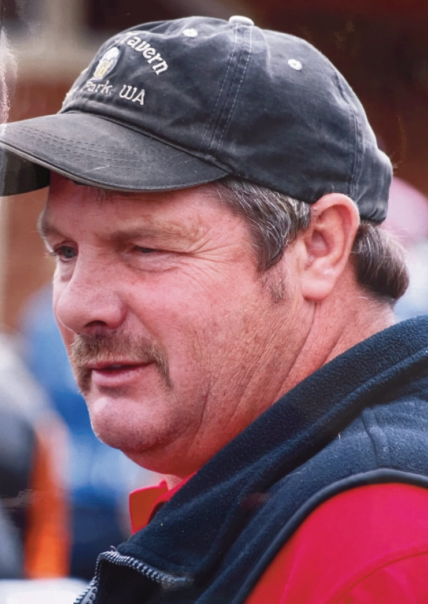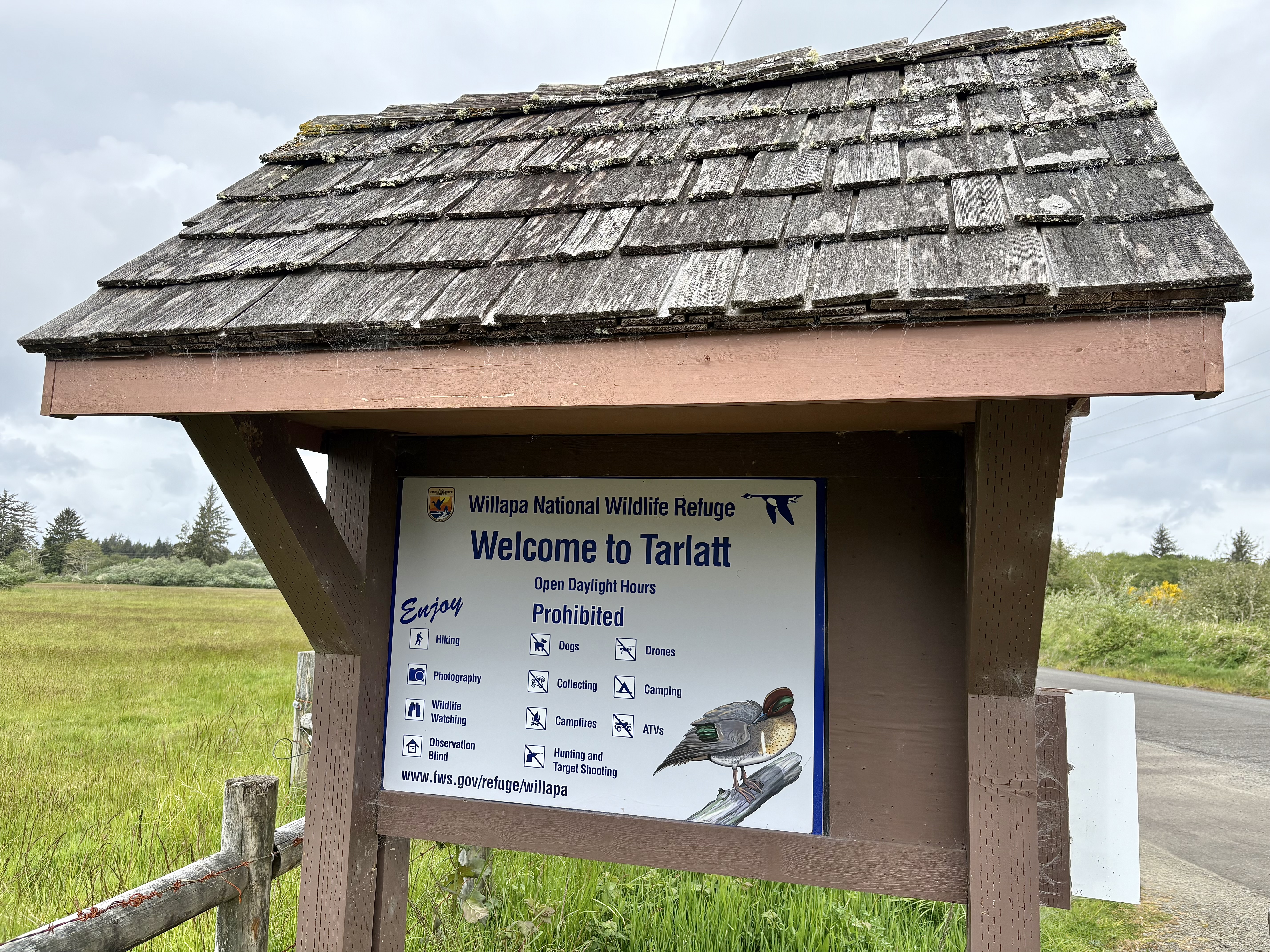Editorial: U.S. senators keep Pacific County in mind
Published 9:18 am Monday, November 20, 2023

- Sen. Maria Cantwell chats with Charlene Nelson, Shoalwater Bay Tribe chairwoman, during a fact-finding trip to the reservation.
We in Pacific County have much to be grateful for, as I was again reminded Sunday on a walk with a friend on Benson Beach at our great state’s southwestern tip. Even though we spent a little while being pelted by a rain squall and traipsing away from sneaker waves, it was a splendid morning with pure light and air cascading from off the wild Pacific.
Trending
In a time when a vocal minority of Americans appear to feel perpetually victimized by everything in modern life, it’s worth taking a few minutes to consider just a few of the many ways in which national leaders take care of our remote and sparsely populated homeland. This isn’t meant to suggest everything is great for everyone; far from it. But there are thousands of places around the world with similar populations that would be gobsmacked by how relatively fortunate we are.
This is far from an exhaustive list:
• U.S. Sen. Maria Cantwell (D-WA), chair of the Senate Committee on Commerce, Science, and Transportation, authored many provisions in recent laws to meet the needs of Washington state and Pacific County. One of these that hasn’t received attention is $2,662,316 to help repair 2.3 miles of State Route 401 between Naselle and the Astoria-Megler Bridge, where an unstable slope could have permanently closed an important local route. If you’re someone traveling that way for work, shopping or healthcare, breathe a silent note of appreciation that you’re not having to take the long way around the bay.
Trending
• With the support of U.S. Sen. Patty Murray (D-WA) and the Biden administration, Cantwell also led the effort to obtain $24.98 million to help move Shoalwater Bay Indian Tribe Upland Village to higher ground: This Rebuilding American Infrastructure with Sustainability and Equity (RAISE) grant will help members of the Shoalwater Bay Indian Tribe relocate their homes and headquarter facility from a location threatened by rising sea levels to higher ground. The funds will help the tribe pave a nearly four-mile road to a future development site.
It’s worth commenting that the Shoalwaters currently reside in one of the West Coast’s most vulnerable, erosion-prone places — a seashore that has retreated thousands of feet in the past century, in part due to engineered alterations of the Columbia River. The Shoalwater reservation, though certainly part of the expansive territory of their ancestors, was located specifically where it is because of an old U.S. decision. It is appropriate that the federal government helps pay for a move to higher ground.
Eventually dealing with sea-level rise elsewhere in Pacific County and the nation may become one of this century’s greatest dilemmas.
• Sen. Murray recently lined up $888,416 for the Shoalwater Bay Tribe’s Community Compost Program Development and Implementation Project. The project will expand on existing composting efforts to scale up and accommodate the collection of biodegradable materials, with the goal of reducing the amount of biodegradable materials sent to landfills and improving soil and community health. The addition of a municipal composting family will benefit the tribe and a surrounding disadvantaged area. The project will help meet waste reduction goals and create at least two full-time and two part-time jobs for the community, as well as six support roles. The compost created by the project could help nourish the tribal community garden and orchard as well as be available to the public.
• Murray, who chairs the Senate Appropriations Committee, has been instrumental in directing funds for a wide variety of local priorities in partnership with Cantwell. The U.S. Army Corps of Engineers project currently replacing miles of failing pile dikes in the Columbia estuary is a key example. Although nowhere near as visible and expensive as the vast work performed on the river’s major jetties, these in-water structures are key to preserving maritime transportation corridors within the river. They are easily forgotten and were in some cases too close to collapse. In their obscure way, they are one of many keys to a successful economy premised on fishing and other water-dependent industries.
We ought to be thankful that we continue to be a priority despite our minuscule role in our state’s economy. Even in our lucky country, it’s accurate to say that we get our fair share of money and attention, and then some.









